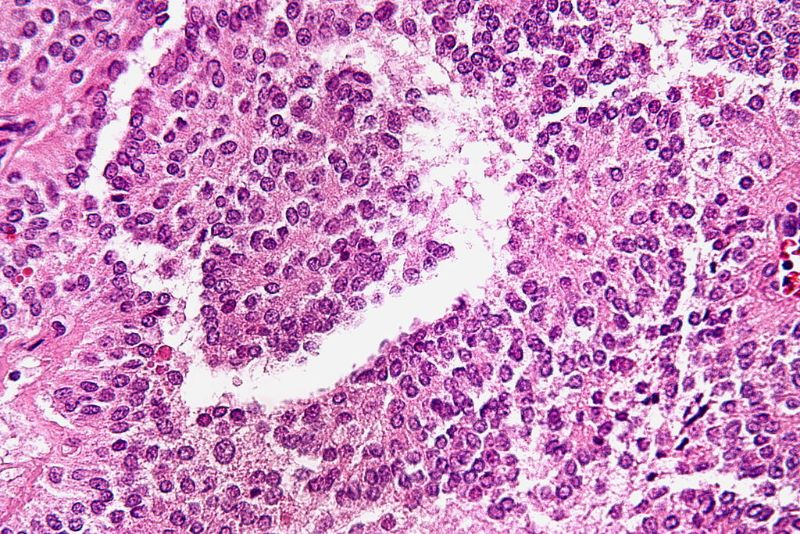
Replimune has initiated a Phase I clinical trial of its investigational candidate, RP2, as a monotherapy or in combination with Opdivo for the treatment of advanced solid tumours.
Based on the company’s Immulytic platform, RP2 expresses a genetically encoded protein that is similar to the anti-CTLA-4 antibody, along with the GALV-GP-R- fusogenic protein and GM-CSF.

Discover B2B Marketing That Performs
Combine business intelligence and editorial excellence to reach engaged professionals across 36 leading media platforms.
The drug candidate is intended to prevent the inhibition of immune responses triggered by CTLA-4.
In preclinical studies, RP2 showed improved efficacy alone and in combination with anti-PD1 therapy.
Replimune co-founder, president and CEO Robert Coffin said: “CTLA-4 inhibition is an established mechanism of action for cancer treatment, including proven synergy with anti-PD1 therapy.
“By combining the expression of anti-CTLA-4 with oncolytic tumour destruction and antigen release directly in the tumour and draining lymph nodes, we believe that the efficacy of CTLA-4 inhibition can be enhanced with RP2, while reducing toxicity as compared to systemic administration.”

US Tariffs are shifting - will you react or anticipate?
Don’t let policy changes catch you off guard. Stay proactive with real-time data and expert analysis.
By GlobalDataThe Phase I trial will evaluate the safety and tolerability of RP2 alone and in combination with Opdivo, an anti-PD1 therapy developed by Bristol-Myers Squibb (BMS).
It also aims to determine the optimal dose. The first patient for the trial has been enrolled.
Replimune partnered with BMS for the study. BMS provided a non-exclusive, non-transferable, royalty-free licence to Opdivo for use with RP2 and will also supply its drug free of charge.
Earlier this month, Replimune started patient enrolment in a Phase II trial of another Immulytic product candidate RP1 to treat cutaneous squamous cell carcinoma (CSCC).





